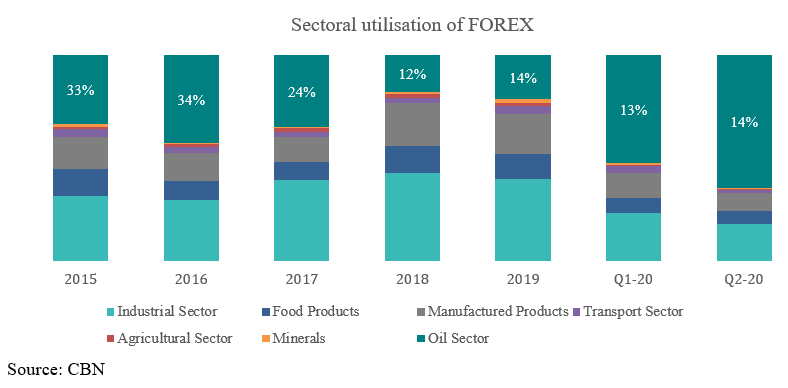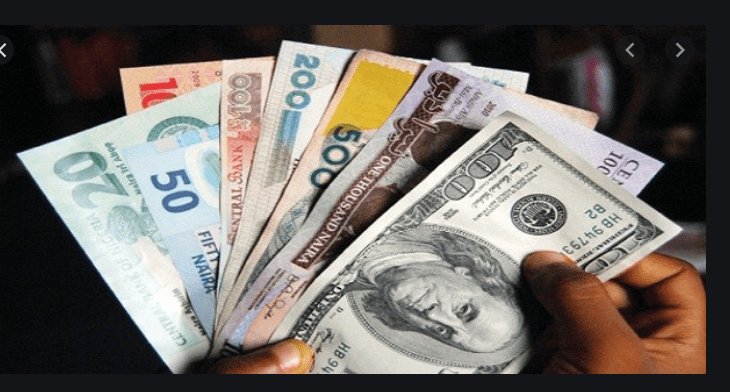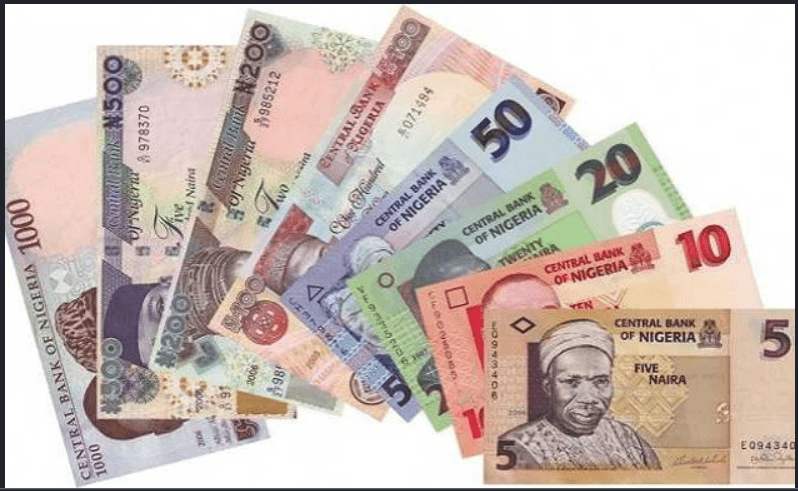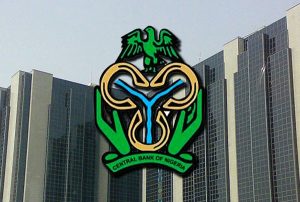Why Has the Subsidy Removal Policy Failed?
At the moment, there seems to be a consensus among intellectuals and institutional bodies like the IMF and the World Bank on the potential positive impact of the removal of subsidy on the economy. Their arguments are pretty broad and far-reaching. They submit that subsidy payment continues to widen the inequality gap in the country since petroleum subsidy is an implicit subsidy (financing consumption), and the wealthy who consume more than the poor citizens whom the government seeks to protect from the high fuel price also benefit from the regulated price. At the same time, their taxes have not increased commensurately.






